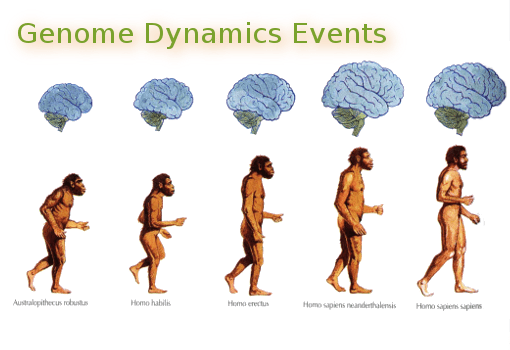96 fixed amino acid substitutions, not 96 genes

19 December, 2013 – 09:31 april holloway Entire Neanderthal genome finally mapped – with amazing results Excerpt (with my emphasis): “Only 96 genes responsible for making proteins in cells are different between modern humans and Neanderthals. Intriguingly, some of the gene differences involve ones involved in both immune responses and the development of brain cells in people.” “Somewhere within … 96 fixed amino acid substitutions, not 96 genes





